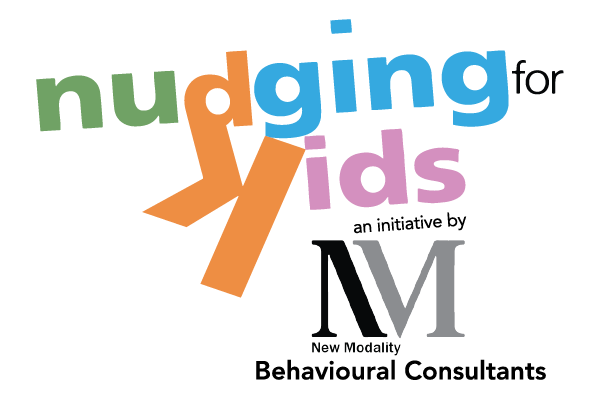
01 Aug Making School an Easy Ride – The Middle School Years-Part II
Middle school – the time when your child is slowly metamorphosing into a young person. Stressing about your child at this age is almost like a rite of passage, something every parent has to experience. But middle school is also tough on your child.
In his article titled ‘Social Challenges of Middle School,’ Carl E.Pickhardt attempts to decipher why middle school is a tough path to tread. He explains that middle school is actually the onset of early adolescence (age 9 to 13) for children. This is when children start seeing themselves as individuals and begin to view their independence in different ways. This is also the age when children experience the onset of puberty and slowly begin to feel physical and emotional changes in their body which are beyond their control. Their peer group, of course, experiences the same changes and this eventually leads to a complex dynamic at school.
The triggers – physical self-consciousness, susceptibility to embarrassment and body image issues, sullen mood swings, bouts of silence – are just some of the triggers of anxiety at this very vulnerable age.
Remember, this is the age when children begin detaching and speaking less about what is causing their anxieties. As you prepare your child to navigate the complex middle school years, here are some technique you could use to help them cope:
-Give your children space and be more accepting of the changes in them. Understand that they will come and speak with you when they are ready to do so, and coaxing the problem out of them may not work anymore. Sharing a simple hug or putting on their favorite movie would perhaps be more helpful when you see them troubled.
– Ensure you have regular meetings with your child’s teachers, friends’ parents, etc. so that even as you give your child their much-needed space, they are never actually isolated.
-Your child should truly feel at home in their house. Adopt a positive parenting vocabulary that shows your child he/she is loved and accepted as he/she is.
-It could be listening to their favorite music, going for a run, painting their feelings or meditating in silence – help your child find a positive relaxation technique that works for him/her.
#NFKsays –
Do not hesitate to ask for professional help if you see your child’s anxiety getting out of hand.
Timely intervention from a psychologist or counselor may be exactly what your child needs.
And this will also set a good example to your tween, clearly giving the message that asking for help when needed is not something to be ashamed of.


